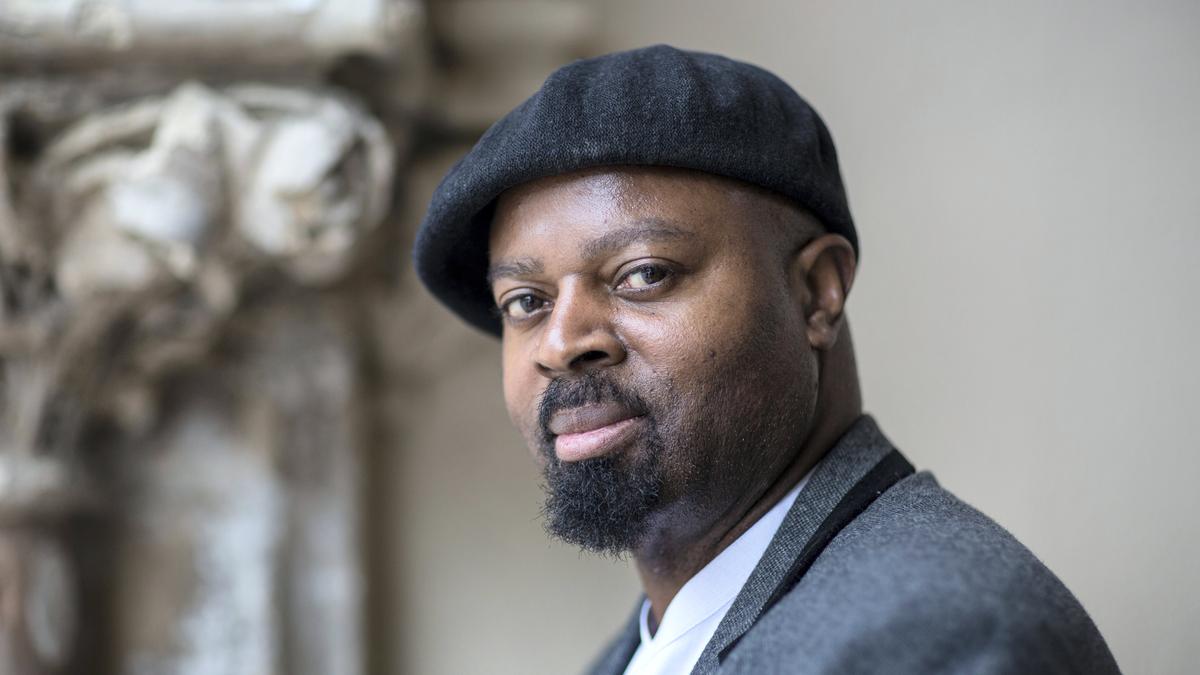
Ben Okri OBE FRSL (born 15 March 1959) is a Nigerian poet and novelist. Okri is considered one of the foremost African authors in the post-modern and post-colonial traditions, and has been compared favourably to authors such as Salman Rushdie and Gabriel García Márquez.
Okri’s success as a writer began when he published his first novel Flowers and Shadows, at the age of 21. He then served West Africa magazine as poetry editor from 1983 to 1986, and was a regular contributor to the BBC World Service between 1983 and 1985, continuing to publish throughout this period.
For three years from 1988, he lived in a Notting Hill flat (rented from publisher friend Margaret Busby): “I brought the first draft of The Famished Road with me and that flat was where I began rewriting it…. Something about my writing changed round about that time. I acquired a kind of tranquillity. I had been striving for something in my tone of voice as a writer — it was there that it finally came together…. That flat is also where I wrote the short stories that became Stars of the New Curfew.”
His reputation as an author was secured when his novel The Famished Road won the Booker Prize for Fiction in 1991, making him the youngest ever winner of the prize.
Influences
Okri has described his work as influenced as much by the philosophical texts in his father’s book shelves, as it was by literature, and Okri cites the influence of both Francis Bacon and Michel de Montaigne on his A Time for New Dreams. His literary influences include Aesop’s Fables, Arabian Nights, Shakespeare’s A Midsummer Night’s Dream, and Coleridge’s “The Rime of the Ancient Mariner”. Okri’s 1999 epic poem, Mental Fight, also is named for a quote from the poet William Blake’s “And did those feet …”, and critics have noted the close relationship between Blake and Okri’s poetry.
Okri also was influenced by the oral tradition of his people, and particularly, his mother’s storytelling: “If my mother wanted to make a point, she wouldn’t correct me, she’d tell me a story.” His first-hand experiences of civil war in Nigeria are said to have inspired many of his works.

Oops, you didn’t enter anything. Try again or contact us